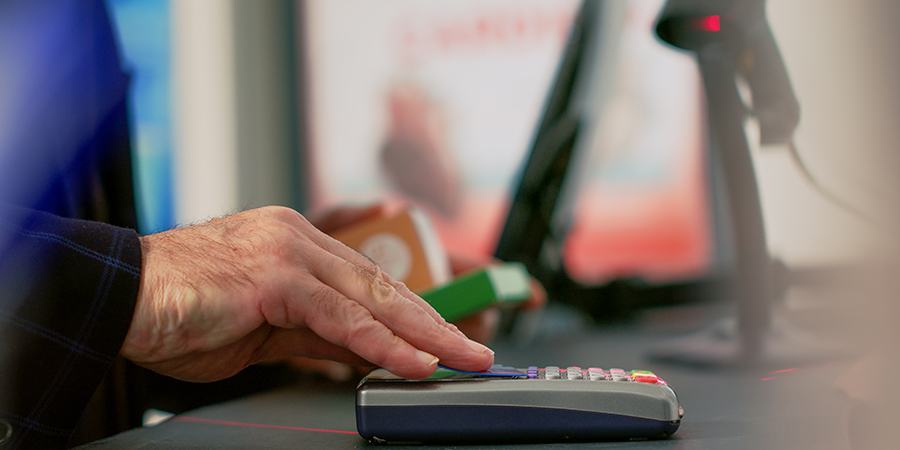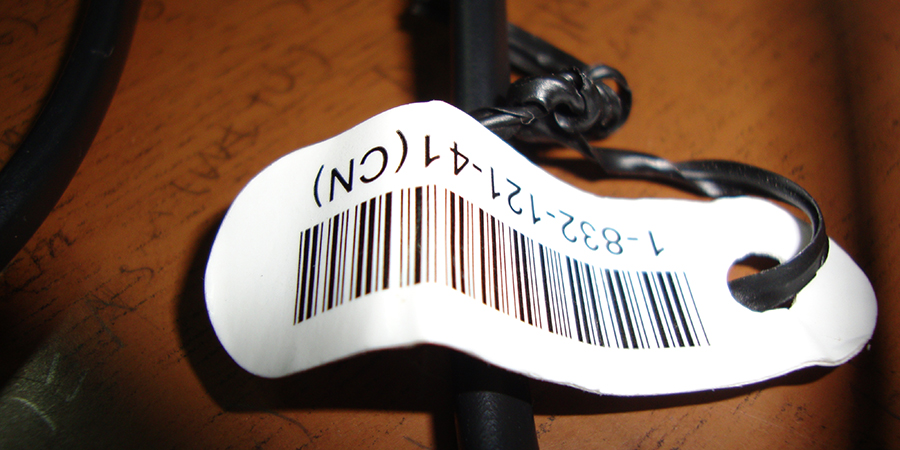What is the impact of the death of the co inventor of barcode on the world?
The co-inventor of the barcode and American engineer George Laurer passed away on December 5th at the age of 94. His achievement has changed various industries globally.
According to the Research Report on the In-depth Market Research and Development Prospects of China's Barcode Industry for 2019-2025 by the China Research Industry Research Institute, barcodes are widely used in our work and daily life. It's not an exaggeration to say that behind the majority of products people purchase in stores, there's a barcode.
Upon the passing of the barcode's inventor, IBM initiated a mourning event for George Laurer. On the memorial webpage set up by IBM, barcodes are described as "innovating almost every industry in the world." Indeed, as IBM stated, the introduction of barcodes has truly transformed various industries. Although scanning barcodes seems effortless today, its significance is profound.
While working as an electrical engineer at IBM, American engineer George Laurer played a pivotal role in developing the application of barcodes. The concept of the barcode initially came from Norman Woodland, a colleague at IBM, inspired by Morse code. Although Woodland had patented the idea in the 1950s, he couldn't develop it further.
Laurer subsequently spent several years developing a barcode scanner that could read barcodes, aided by the significant reduction in cost of laser and computer technology. This development turned the barcode from a concept into a practical application. The barcode system uses laser scanning and computer rapid processing to handle products, reducing labor costs and promoting the thriving growth of the retail industry.
The inventor of the barcode has passed away, but his achievement continues to benefit human society. In June 1974, a pack of Wrigley's Juicy Fruit chewing gum in Ohio, USA, became the first item to have its barcode scanned by a laser. It is now displayed at the National Museum of American History in Washington, D.C.
With the rapid expansion and development of the retail and consumer markets, the growth of the barcode label business in China has also been stimulated because more places require labels and barcodes. In fact, as early as the 1970s, barcodes had limited global applications in the retail industry. Today, barcodes and automatic identification systems and data acquisition technologies still play a crucial role worldwide.
Source: Internet





